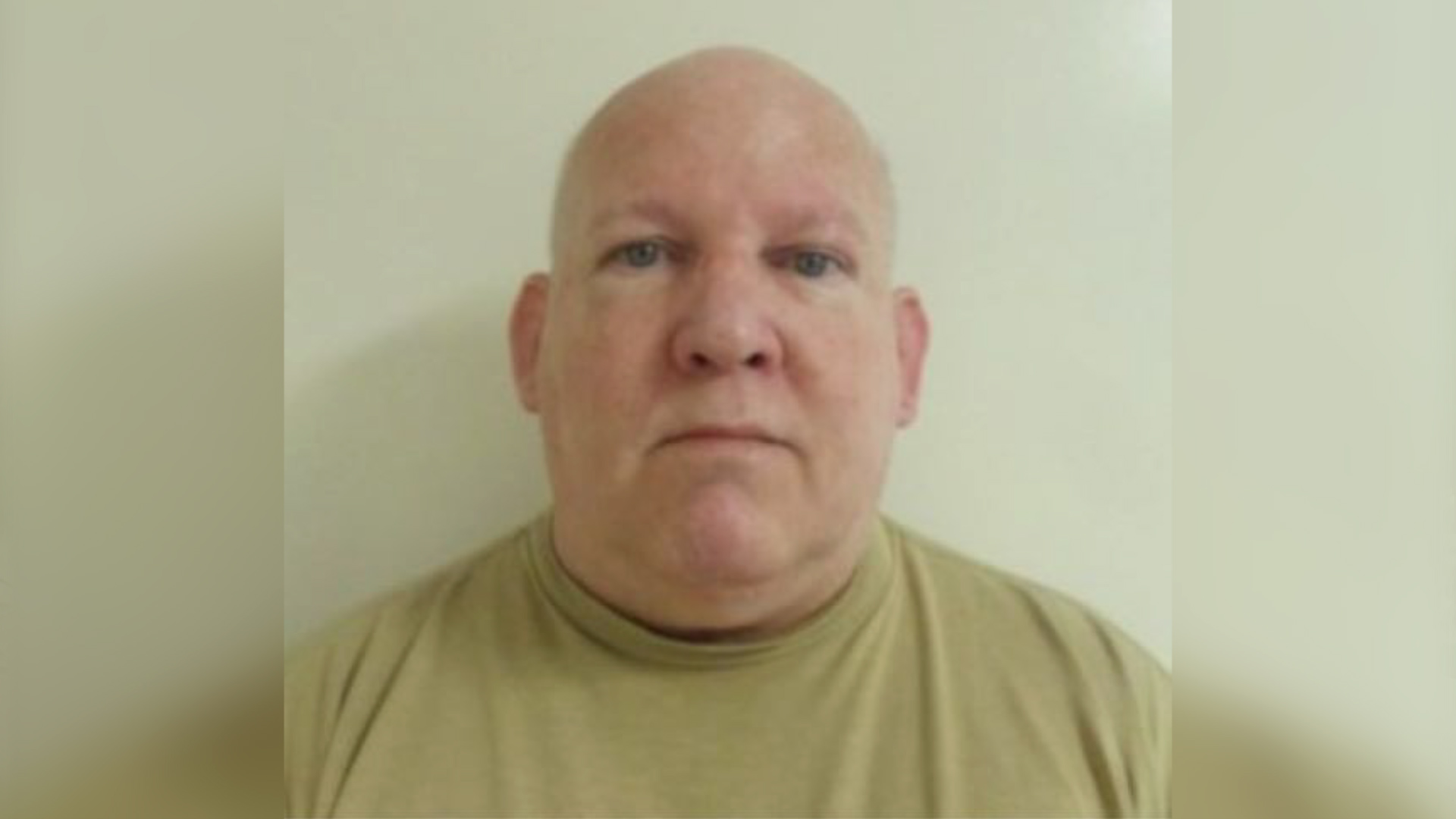The San Diego Eviction Prevention Collaborative announced the launch of Housing Help, a one-stop resource to help San Diegans at risk of eviction, reports NBC 7’s Allie Raffa.
Patricia Mendoza’s fight to keep her home has been anything but easy.
"It's been a nightmare, but what's really helped me is learning my rights, to know that I'm not alone,” said Mendoza, an Imperial Beach single mother of two.
Mendoza lost her job in medical transportation last March, and while her landlord wanted her out of her home due to her inability to pay rent, she’s been able to resist two eviction orders.
“My kids are scared to even open the door now," Mendoza said. "When somebody knocks, they're terrified. They don't even want to go toward the door because they think it's going to be another paper, it's going to be the landlord."
Get top local stories in San Diego delivered to you every morning. Sign up for NBC San Diego's News Headlines newsletter.
Mendoza told NBC 7 she has offered to pay her landlord 80% of the rent she owes since December, but he has refused. She now faces eviction order No. 3 in just five days.
“I'm not leaving," Mendoza said. "I don't have a place to go. it's been the hardest nightmare. I wish I could just wake up from it."
That’s where the San Diego Eviction Prevention Collaborative is helping -- launching Housing Helps, a one-stop resource to support San Diegans struggling to pay rent, stay housed and understand their housing rights during the pandemic.
Local
“We had a lot of people coming in our office looking for help with their rent and looking for helping to stay housed," ” said Laura Ann Fernea, executive director of the City Heights Community Development Corporation. "It was really hard to find resources for tenants and to help them stay in their homes, and to help them with their legal issues. And eventually we realized that we needed to do something to make the system more coordinated."
The nonprofit members of the collaborative to launch the website include City Heights CDC, Legal Aid Society of San Diego, Alliance of Californians for Community Empowerment (ACCE), Disability Rights California, Jewish Family Services, Community Law Project of California Western Law School, San Diego Volunteer Law Program and the National Conflict Resolution Center.
Housing Helps is the first of its kind in San Diego and aims to refer tenants in need to legal aid, renter relief, government assistance and workshops regardless of income or immigration status.
“What we found is that many evictions happened because people don't know their rights," Fernea said. "They don't know that right now there's an eviction moratorium because of the pandemic, and they have a right to stay in their homes, most of the time."
Fernea told NBC 7 that the website can be helpful to landlords as well, some of who may not know their tenants’ legal rights since the law has been constantly changing during the pandemic, confusing both landlords and tenants.
“There's literally changes all the time in our laws, especially in California, so I think for landlords it's very understandable that sometimes they don't know that they can't do certain things and that this is not legal,” Fernea said. “My main message is: Let's all get educated together, let's learn and let's keep people in their homes because it is very expensive to act. Any landlord will tell you that it's not something that they want to do.”
NBC 7 reached out to Mendoza’s landlord for comment but did not receive a response.
Senate Bill 91 extends the COVID-19 Tenant Relief Act through the end of June, so landlords can pursue tenants for unpaid rent related to the pandemic starting on July 1. The bill also creates a state government structure to pay up to 80% of past due rent to landlords. The moratoriums could be extended again, however, if the pandemic continues at its current pace.
Even with these protections, the moratorium hasn’t been a blanket of protection. The San Diego Sheriff's Department told NBC 7 that in 2020, deputies carried out 975 evictions, and nearly 200 lockouts have taken place since October.
But as far as Mendoza is concerned, knowledge is power.
“I learned my rights," Mendoza said. "I'm not scared anymore because when I lose my fear, they lose their power.... I have protections."



